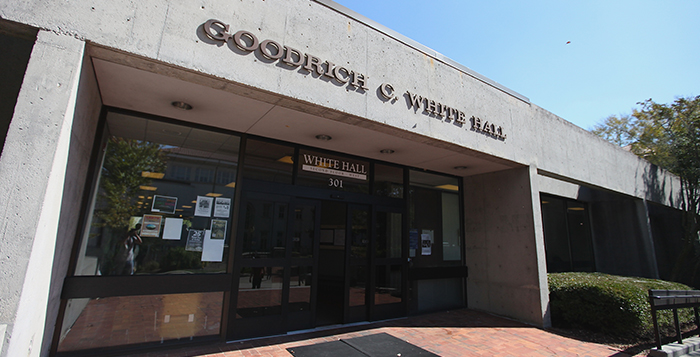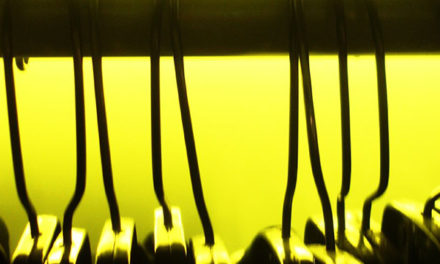By Erik Alexander
Assistant Editorial Editor
Here I am, a college student reviewing my semester at four a.m. Overall, the semester’s been a pretty bland one. I did decide to change my major from economics to history. An enormous amount of introspection and second-guessing went into making this decision. I think it is fair to say that this has been the defining moment of my semester, and possibly my whole undergraduate career, because it taught me that the most obvious answer is not necessarily the most practical one.
My initial decision to declare my major in economics seemed obvious enough at the time. I was, and still am, fascinated by how frequently Keynesian economics, which calls for public spending in times of recession and monetary contraction in times of inflation, is tossed aside in favor of supply-side economics with all its unsubstantiated trickle-down mumbo jumbo and deficit-hawkery. I figured that by learning the history of economic policymaking from the dawn of modern capitalism to the present I could better understand why this is the case. I was wrong to believe that being an economics major was the best way to acquire this knowledge.
To put it simply, I find economics courses above the introductory level very boring. Right now I am on track to fail the only economics course that I am enrolled in this semester, a result of sheer disinterest in the material. The likelihood of this happening brings with it a sense of impending doom, one that I cannot escape.
Reality is not a desktop computer that can be shut down at your leisure. Performing poorly in a course you are taking to satisfy a major requirement should concern you. Thus as I came to terms with the likelihood of my failing this course, I was forced to reconsider my commitment to studying economics. I still intend to learn about the history of economic policymaking, and a history major affords me this opportunity.
“I’ll at least keep economics as my minor,” I initially figured. I so desperately wanted to salvage what I thought was a necessary component in learning about the history of economic policymaking. But were I to do so, I would have been subjecting myself to the same problem I faced as an economics major, just on a smaller scale. So I searched for a minor that would complement my new major and my focus on economic policymaking. I settled on philosophy because sitting in philosophy courses tends to sharpen my mind. My philosophy of science course, for example, has activated two epiphanies in my brain, both of which have made me more confident in my new major.
The first epiphany was sparked after reading contemporary philosopher Helen Longino’s article “Values and Objectivity” in which she emphasizes the social nature of scientific inquiry. I had always been naïve in my view of science as above politics, exempt from the imposition of subjective ideas by those who have the most clout. Even worse, I considered economics to be something more than a dismal science, a misunderstood lamb that tried too hard to be accepted by the rest of the flock. It turns out I was wrong on both accounts. Science is politics, and economics is not even science.
The second epiphany came about after reading Karl Popper’s criticism of logical positivism. The logical positivists asserted that the determination of what counts as science, otherwise known as demarcation, ought to revolve around the verifiability of the theory in question. What they mean is that a theory should only be regarded as scientific if it has the capacity to be proven true or false.
Popper critiques the positivists’ notion that any theory can ever be verified with absolute certainty and offers a new demarcation criterion known as falsifiability. While we can never be certain of a theory’s truth, we can be certain that certain theories are false. We gain knowledge when we falsify a theory, not when we verify it, is Popper’s argument in a nutshell.
As soon as I managed to grasp Popper’s critique of verifiability as a demarcation criterion, I realized another value in changing my major to history. Science is not verifiable, but history more or less actually is. While scientific posits can never be proven true, historical events can be verified as having occurred through primary sources. Thus I now take enormous comfort in my major switch on the basis that I will be acquiring objective knowledge to a degree unattainable by even the most universally accepted scientific theories.
This all goes to say that sometimes the most daunting of realities can be overcome through deep introspection. I may still fail this economics class, but now that it is no longer my major, I can sleep more easily at night, hopefully. My new major will allow me to continue chasing my goal of learning the history of economic policymaking despite my being a poor economics student. My new minor will generate within me ideas that progress my understanding of both myself and the world in general.
Assistant Editorials Editor Erik Alexander is a College junior from Alpharetta, Georgia.
Erik Alexander is a College senior majoring in economics.




